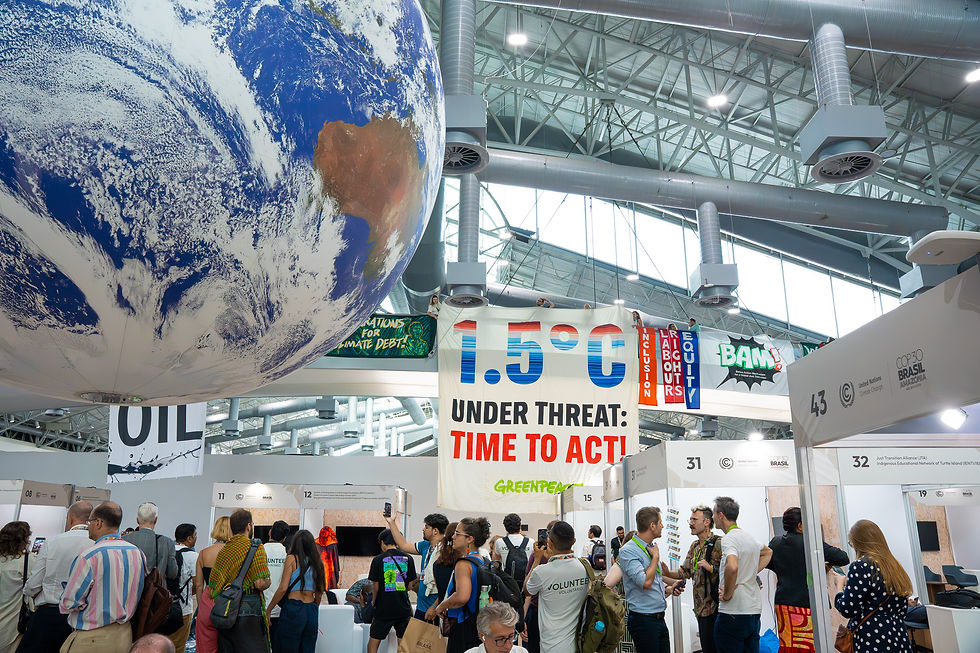Nations urged to support climate change advisory opinion as final resolution revealed
- Pacific Islands Climate Action Network

- Feb 21, 2023
- 2 min read
Updated: Nov 3, 2024


(NEW YORK, 21 February 2023) — Today's release of the final resolution for an International Court of Justice (ICJ) advisory opinion on climate change and human rights sets up a momentous moment for climate justice, says a group of youth activists and civil society organisations.
The final resolution has landed at the UN General Assembly, where members will be asked to refer the matter to the ICJ, the world's highest court. It is the product of five months of negotiations and consultations, with nations working together to shape the future of climate justice.
It also meets the promise of the long-running campaign which began in a university classroom in Vanuatu. More than 1,500 civil society groups across 130 countries have endorsed the Vanuatu government's proposal, while dozens of countries have championed the initiative, which is expected to strengthen states' obligations to protect human rights from the adverse effects of climate change and catalyse more ambitious climate action.
Vishal Prasad, campaigner, Pacific Islands Students Fighting Climate Change, said: "Our journey to this point has been long. It has had to overcome barriers and challenges. But it has picked up supporters from around the world, from citizens to leaders, all with different backgrounds and experiences but all united by a single mission - climate justice. "From a classroom in Vanuatu, to the universally recognised seat of power for multilateral action, we have stayed the course to help save the lives, livelihoods, and ways of life of current and future generations.
"The question text is a result of months of consultation and negotiation, but importantly, it reflects the calls from young people around the world. Now those calls must be heeded by every member of the United Nations General Assembly by supporting the resolution. Our futures depend on it".
Katrina Bullock, General Counsel for Greenpeace Australia Pacific, said: "This advisory opinion was of the utmost importance when it was first proposed by students in the Pacific, and has only become more urgent since.
"The Pacific is on the frontline of the climate crisis, and the ICC states the window for taking meaningful action is rapidly closing. This is not a matter of global politicking, but of a global imperative.
"The impact of the resolution passing would be groundbreaking and help to tackle some of the greatest challenges every nation and person on earth faces. We are calling on every nation to support the resolution and change the course of climate history."
Rose Kulak, Climate Justice Campaigner at Amnesty International Australia, said: "This campaign to take the human rights impacts of climate change to the world's highest court is about recognising that we are at a point where we are now measuring the climate crisis in human lives. Together, we must be bold and ambitious to shape climate action to safeguard human rights to health, food, water, housing, livelihoods and life itself.
"We need governments to urgently change what they are doing, recognise that inaction on climate change amounts to human rights violations, and fully support this crucial step towards better protecting the human rights of present and future generations."
-ENDS-




Comments